Harnessing gut microbiome metabolism for personalized treatment of lymphoma and leukemia
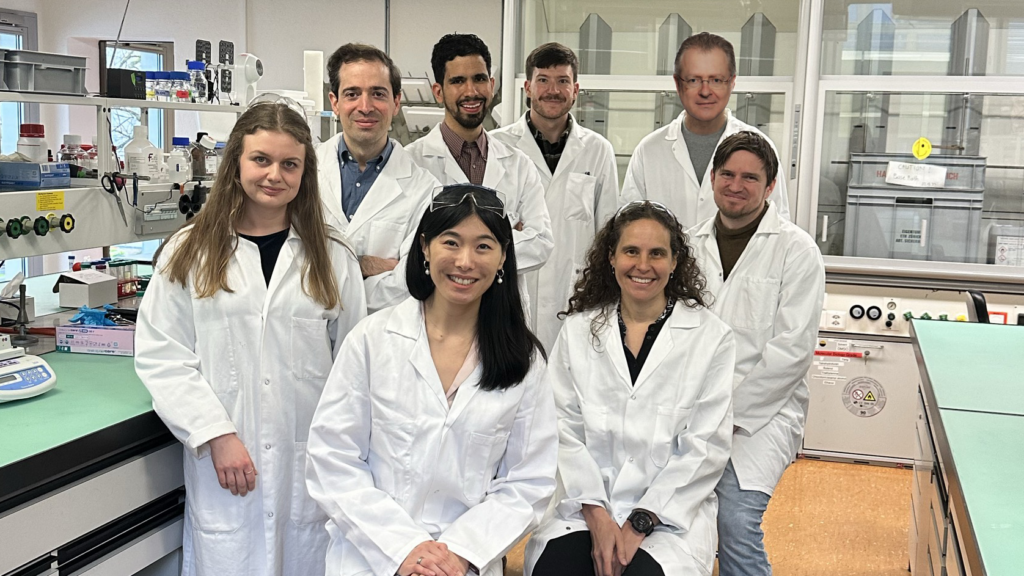
Allogeneic hematopoietic cell transplantation (allo-HCT) is the only curative procedure to date for many hematological malignancies. This is a life-saving but dangerous procedure, with high rates of treatment-related complications, including graft-versus-host disease (GVHD) where transplanted immune cells identify the host as foreign and attack the recipient’s cells. GVHD commonly emerges at primary host-microbial interfaces including […]
Regulatory T-cells as tumor-promoting cellular partners and potential therapeutic targets in diffuse large B-cell lymphoma
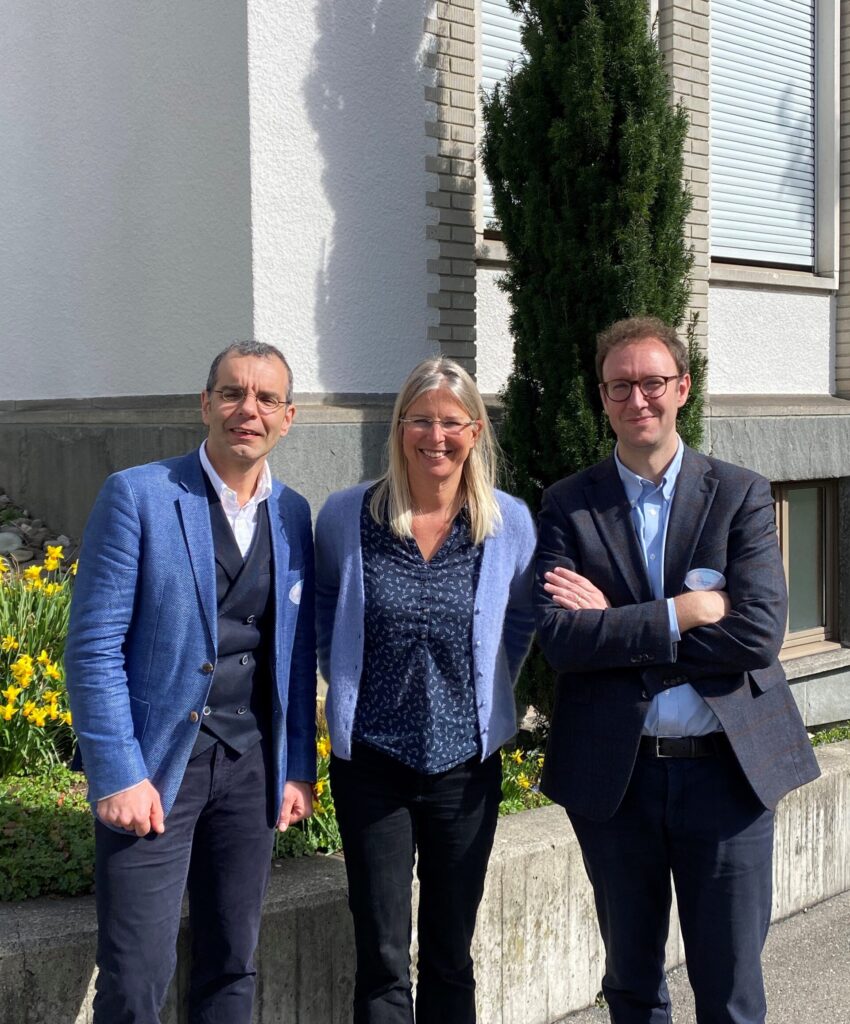
Diffuse large B-cell lymphoma (DLBCL) is an aggressive malignancy of the mature B-cell that can affect both lymphoid and nonlymphoid organs. Since targeted treatments beyond monoclonal antibodies and CAR T-cells are in clinical development but not yet approved, DLBCL remains fatal in a third of patients. Many DLBCLs are infiltrated by large numbers of regulatory […]
Exploring the potential of targeting IL-21/IL-21R signaling to eliminate human acute myeloid leukemia stem cells
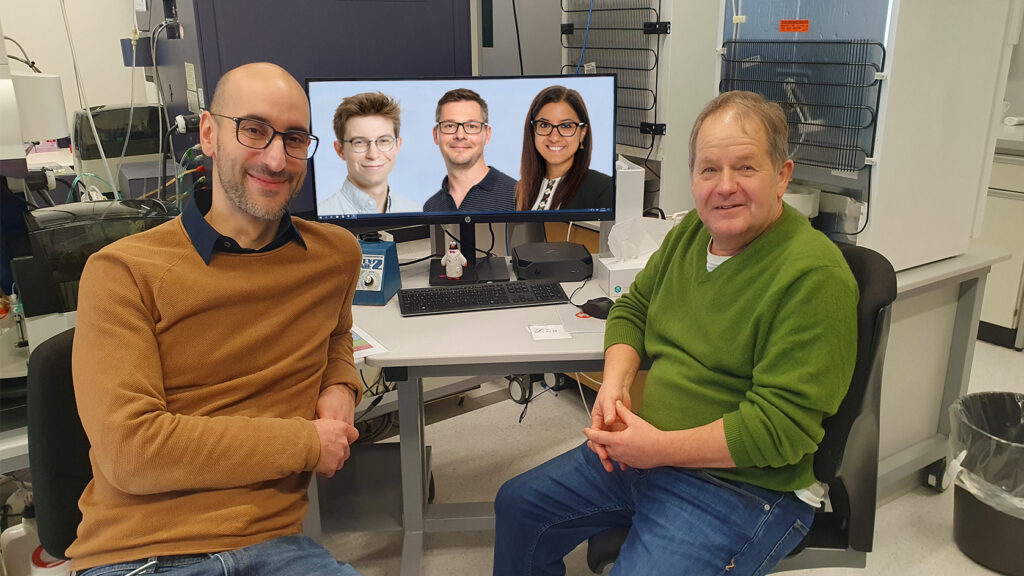
Leukemia stem cells (LSCs) are the origin of any myeloid leukemia and are thought to reside at the top of the leukemic hierarchy. LSCs are often resistant against standard treatment and against immune control due to various escape mechanisms. Therefore, they represent a major obstacle for the cure of leukemia. To develop new therapeutic strategies, […]
Overcoming the challenge of T-cell lymphoma treatment by safe and efficacious anti-CD30 radioimmunotherapy with β-particle and ultra-short range Auger and conversion electron emitting radionuclides
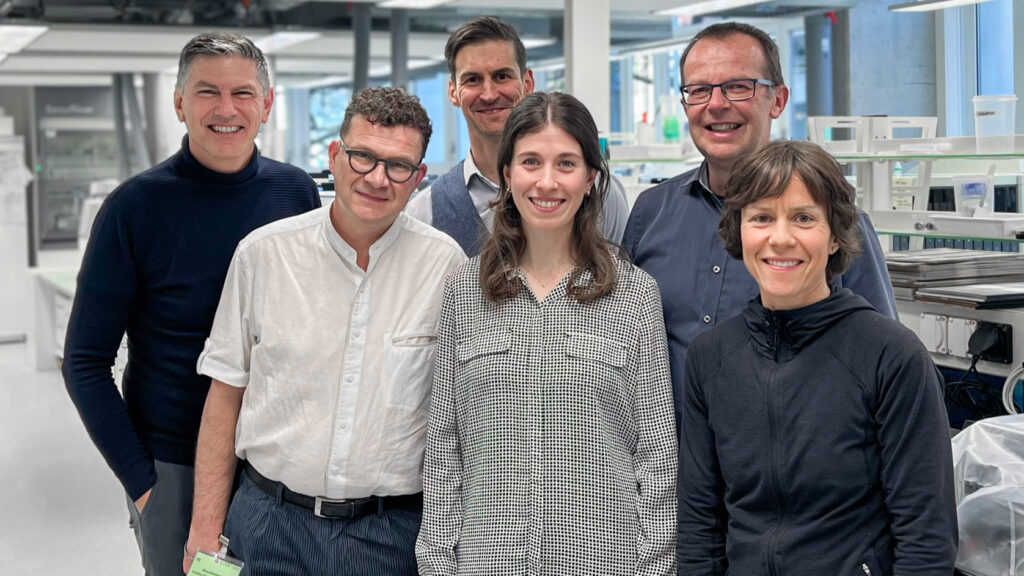
Despite new therapeutic advances, aggressive T-cell lymphoma in the relapsed setting generally have unfavorable prognosis with short overall survival. Since the biology of rare T-cell lymphomas is relatively poorly understood compared to B-cell lymphomas, treatment options remain limited and unchanged for many years. Systemic radionuclide therapy uses radiopharmaceuticals that specifically target disseminated cancer cells and […]
Understanding how clonal hematopoiesis feeds lymphoma
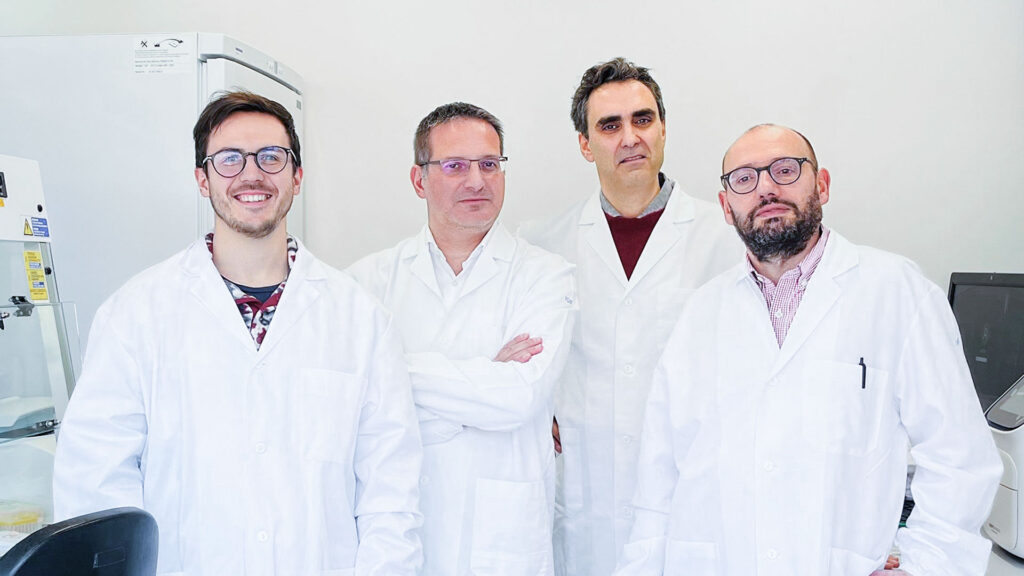
Clonal hematopoiesis (CH) is a common premalignant condition resulting from the age-related expansion of hematopoietic stem cell clones, characterized by gene mutations or chromosomal alterations. CH can predispose individuals to various hematological and non-hematological malignancies. This study evaluated whether CH increases the risk of developing diffuse large B-cell lymphoma (DLBCL) in patients with CH mutations. […]
Effector-target cell interactions in engineered immune-therapy against hematologic malignancies
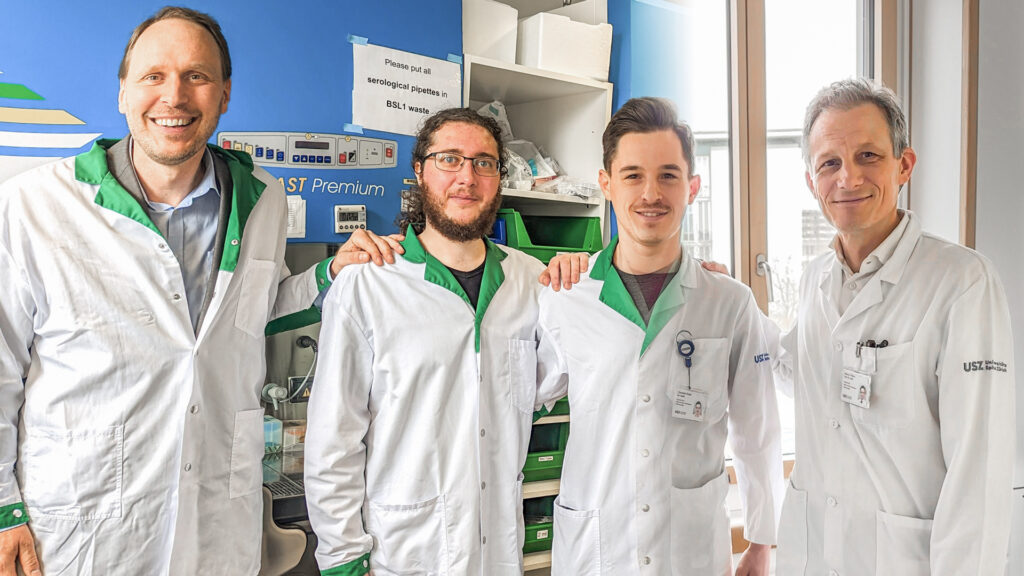
Acute myeloid leukemia (AML) is an aggressive type of blood cancer with a substantial proportion of patients not responding to available therapies. In a collaborative effort between the groups of Prof. Manz and Prof. Schroeder at USZ and ETH Zurich, scientists have developed and tested novel promising immunotherapies against AML, so called CAR-T cells and […]

